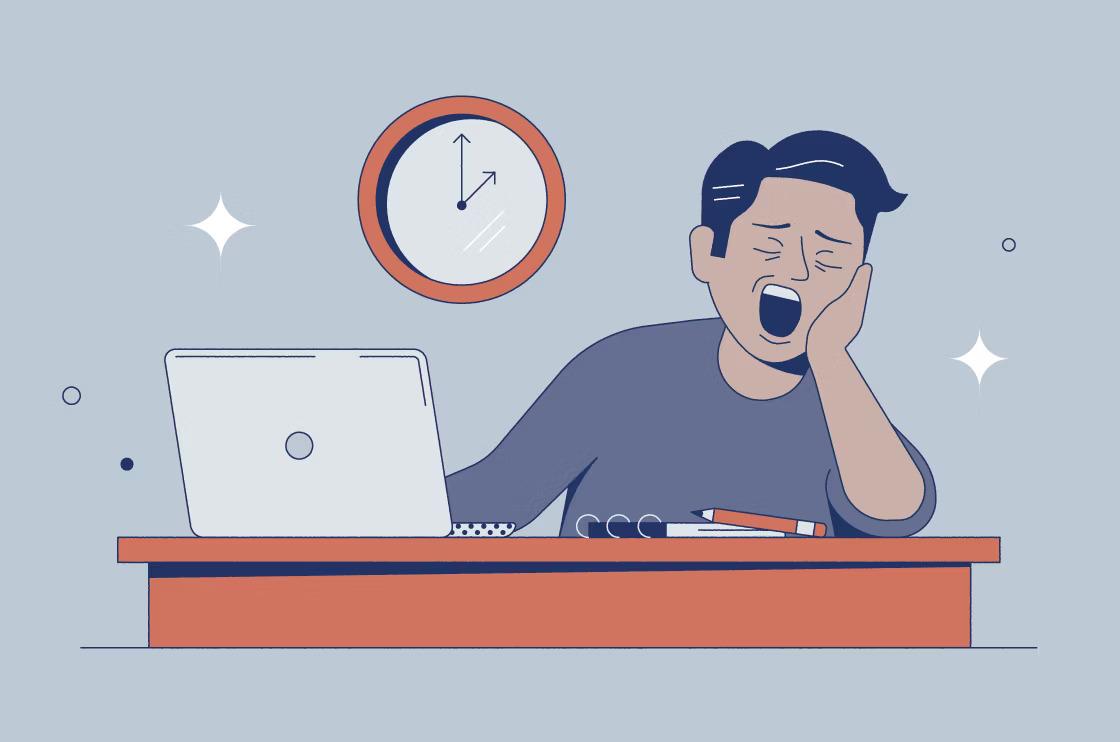Narcolepsy is a sleep disorder that affects many aspects of daily life, particularly the ability to stay awake during normal daytime activities. But could it also be causing headaches? Surprisingly, the answer is yes. The connection between narcolepsy and headaches is an important but often overlooked aspect of this complex condition. In this article, we'll explore how narcolepsy can lead to headaches, what types of headaches are common, and how you can manage them effectively.
What is Narcolepsy?
Narcolepsy is a chronic neurological disorder that affects the brain's ability to regulate sleep-wake cycles. People with narcolepsy often feel overwhelmingly tired during the day and may fall asleep suddenly without warning. There are two types of narcolepsy: Type 1, which includes cataplexy (sudden muscle weakness), and Type 2, which does not. Both types are characterized by excessive daytime sleepiness (EDS) and disrupted nighttime sleep.
Symptoms of Narcolepsy
- Excessive daytime sleepiness (EDS)
- Sudden loss of muscle tone (cataplexy)
- Sleep paralysis
- Hallucinations during sleep or upon waking
What Causes Narcolepsy?
The exact cause of narcolepsy isn't entirely understood, but researchers believe it is linked to the loss of a brain chemical called hypocretin, which regulates wakefulness. Genetics can also play a role, and some environmental factors, such as infections or significant stress, may trigger the onset of the disorder.
Common Symptoms of Narcolepsy
One of the main symptoms of narcolepsy is excessive daytime sleepiness, which can interfere with daily life. Other symptoms include cataplexy (sudden loss of muscle tone), sleep paralysis, and hallucinations. These disruptions in normal sleep patterns are closely related to the occurrence of headaches in narcolepsy patients.
How Are Narcolepsy and Headaches Connected?
Scientific studies suggest that people with narcolepsy may be more prone to headaches, especially migraines and tension headaches. Sleep disorders, in general, are known to increase the risk of headaches because the body is deprived of restorative sleep. The lack of restful sleep can lead to tension in the muscles and cause increased stress, both of which are common triggers for headaches.
Types of Headaches Experienced by Narcolepsy Patients
Tension Headaches
Tension headaches are the most common type of headache among people with narcolepsy. They are usually characterized by a dull, aching sensation around the forehead or the back of the head. These headaches can be triggered by the stress and muscle strain that often accompany excessive sleepiness.
Migraines
Migraines are another type of headache that is more frequent in narcolepsy patients. Migraines cause throbbing pain, often on one side of the head, and may be accompanied by nausea, vomiting, or sensitivity to light and sound. The disruption of normal sleep patterns in narcolepsy can contribute to the onset of migraines.
Can Sleep Deprivation in Narcolepsy Cause Headaches?
Sleep deprivation is a major cause of headaches. People with narcolepsy often struggle to get consistent, high-quality sleep at night, leading to daytime drowsiness and fatigue. This lack of restorative sleep can trigger headaches, including migraines and tension headaches. Studies have shown that people who suffer from sleep disorders are more likely to experience frequent headaches.
Treatments for Headaches in Narcolepsy Patients
Medications for Narcolepsy and Headaches
One of the most effective ways to manage narcolepsy and the headaches that come with it is through medication. Artvigil 150mg and Waklert 150mg are popular medications used to treat narcolepsy. These drugs help improve wakefulness and reduce excessive daytime sleepiness, which in turn can lessen the frequency of headaches. Additionally, over-the-counter pain relievers like ibuprofen or acetaminophen can help manage headache symptoms.
Lifestyle Adjustments
Aside from medication, making some lifestyle changes can go a long way in reducing headaches. Ensuring a consistent sleep schedule, reducing stress, and avoiding common headache triggers like caffeine and alcohol can help manage both narcolepsy and headaches.
Impact of Narcolepsy Medications on Headaches
While medications like Artvigil 150mg and Waklert 150mg are effective at managing narcolepsy, they can sometimes have side effects, including headaches. It's important to consult with a healthcare provider to ensure that these medications are right for you and to manage any side effects properly.
When to Seek Medical Attention
If your headaches become frequent or severe, it's crucial to seek medical attention. Chronic headaches could be a sign of an underlying issue that needs treatment. A doctor can help you find the right balance of medications to manage both narcolepsy and headaches effectively.
Conclusion
Narcolepsy is a challenging condition, and headaches can make it even more difficult to manage. However, understanding the connection between narcolepsy and headaches can help you take control of your symptoms. By using medications like Artvigil 150mg and Waklert 150mg, along with making some lifestyle adjustments, you can reduce the frequency and severity of your headaches.



